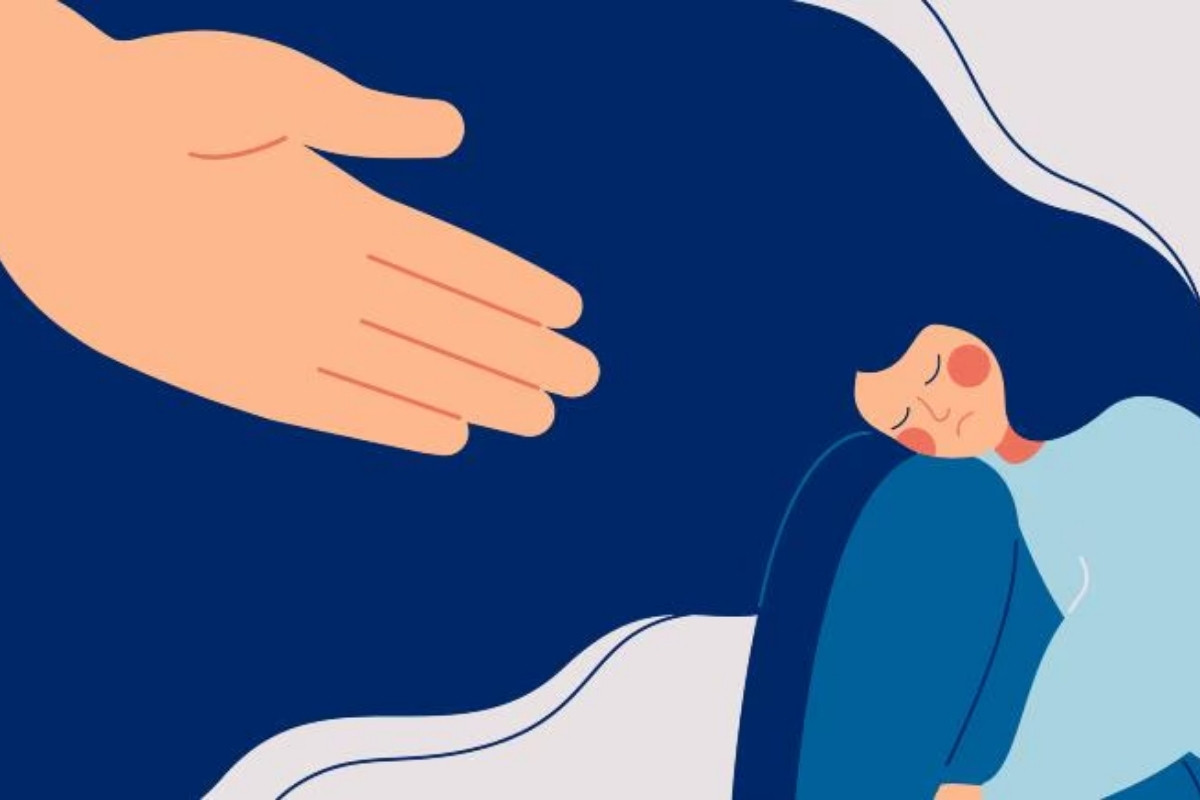In today’s fast-paced world, stress, anxiety, and depression are becoming increasingly common. While therapy and medication are essential treatments for many, science has shown that regular physical activity can be a powerful tool for improving mental health. But how exactly does exercise benefit the mind? In this article, we will explore the scientific evidence behind the mental health benefits of exercise and how you can incorporate it into your daily routine.

1. Reduces Stress and Anxiety
One of the most immediate benefits of exercise is its ability to reduce stress and anxiety. When you engage in physical activity, your body releases endorphins—also known as “feel-good” hormones. These chemicals help combat stress and create a sense of relaxation. Additionally, exercise lowers cortisol levels, the hormone responsible for stress, helping you feel calmer and more at ease.
Science Behind It:
- A study published in Frontiers in Psychiatry found that aerobic exercise significantly reduces anxiety symptoms in individuals with generalized anxiety disorder.
- Another study in the Journal of Psychiatric Research concluded that just 30 minutes of moderate-intensity exercise can decrease stress hormone levels in the body.
2. Improves Mood and Fights Depression
Regular exercise has been shown to be as effective as antidepressant medication for some individuals dealing with mild to moderate depression. It stimulates the production of neurotransmitters like serotonin and dopamine, which play a crucial role in mood regulation.
Science Behind It:
- According to the Harvard Medical School, running for 15 minutes a day or walking for an hour reduces the risk of major depression by 26%.
- A meta-analysis published in JAMA Psychiatry found that physical activity is an effective intervention for preventing and treating depression.

Read more: 10 Simple Habits for a Healthier and Happier Life
3. Enhances Cognitive Function
Exercise isn’t just good for the body—it’s also great for the brain. Regular physical activity increases blood flow to the brain, promotes neurogenesis (the creation of new brain cells), and enhances memory and learning capabilities.
Science Behind It:
- A study in Neurology showed that individuals who engaged in regular exercise had better cognitive function and a lower risk of developing Alzheimer’s disease.
- The British Journal of Sports Medicine reported that high-intensity exercise improves executive function, attention, and problem-solving skills.
4. Boosts Self-Esteem and Confidence
Engaging in physical activity can help improve body image, self-esteem, and overall confidence. Achieving fitness goals, whether big or small, gives a sense of accomplishment and empowers individuals to feel better about themselves.
Science Behind It:
- Research in Health Psychology found that individuals who exercised regularly had higher self-esteem and better self-perception compared to those who did not.
5. Improves Sleep Quality
Struggling with sleep? Exercise can help. Physical activity increases sleep efficiency and duration while reducing symptoms of insomnia. It also helps regulate the body’s circadian rhythm, making it easier to fall and stay asleep.
Science Behind It:
- A study in Sleep Medicine Reviews found that individuals who engaged in moderate-intensity exercise experienced better sleep quality and reduced sleep disturbances.
- The National Sleep Foundation reports that regular physical activity can reduce the time it takes to fall asleep by up to 55%.
6. Helps Manage PTSD and Trauma
Exercise can be particularly beneficial for individuals suffering from post-traumatic stress disorder (PTSD) or trauma-related conditions. Activities such as yoga, tai chi, and aerobic exercise can help regulate the nervous system and provide a sense of control over the body.
Science Behind It:
- A study in Cognitive Behaviour Therapy found that trauma survivors who engaged in regular exercise showed significant improvements in PTSD symptoms.
- The Journal of Psychiatric Practice suggests that mind-body exercises like yoga help decrease hyperarousal symptoms in individuals with PTSD.

7. Provides Social Connection
Whether it’s joining a fitness class, playing a team sport, or going for a jog with a friend, exercise provides opportunities for social interaction. Socializing and forming meaningful connections can enhance mental well-being and provide emotional support.
Science Behind It:
- A study published in The Lancet Psychiatry found that team sports have the most significant impact on mental health by fostering a sense of community and belonging.
How to Incorporate Exercise into Your Life
The good news is that you don’t need to spend hours in the gym to reap the mental health benefits of exercise. Here are some simple ways to get started:
- Walking: A brisk 30-minute walk daily can significantly improve mood and reduce stress.
- Yoga and Meditation: Combines physical movement with mindfulness, reducing anxiety and promoting relaxation.
- Strength Training: Lifting weights or doing bodyweight exercises can enhance self-esteem and boost brain function.
- Outdoor Activities: Hiking, cycling, or swimming provide both physical benefits and a connection to nature.
- Team Sports or Group Classes: Engaging in group activities fosters social connections and accountability.
Conclusion
Science strongly supports the idea that exercise is one of the most effective natural remedies for mental health issues like stress, anxiety, and depression. From reducing stress hormones to boosting self-confidence and improving cognitive function, the benefits are profound. The key is consistency—finding an activity you enjoy and making it a regular part of your life.
So, if you’re looking for a way to improve your mental well-being, start moving today. Your mind and body will thank you!


